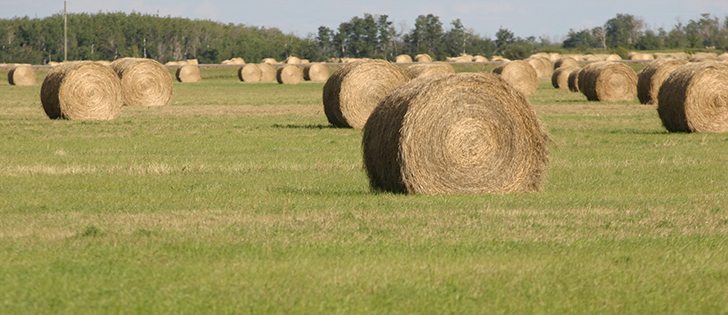(Reuters) — The detection of a small amount of genetically modified material in a Washington farmer’s non-GM alfalfa crop is a “commercial issue” and does not warrant any government action, the U.S. Department of Agriculture said.
The farmer had complained in late August to state agricultural officials that his alfalfa hay had been rejected for export sale because of the presence of a GM trait that makes the crop resistant to herbicide.
The event triggered a wave of concern from consumer and agricultural groups who have fought the government for nearly a decade to keep biotech alfalfa from contaminating conventional and organic supplies.
Read Also

U.S. government investigates high input costs
The USDA and DOJ are investigating high input costs, but nothing is happening in Canada.
Crop experts have warned that the confirmation of contamination threatens U.S. sales of alfalfa feedstock to many Asian countries who reject GMOs, and some are encouraging farmers to test every bag of seed they buy before they plant.
However, the USDA said the detection of Monsanto’s Roundup Ready trait in the Washington farmer’s non-GM alfalfa crop should be addressed by the marketplace and not the government.
“The agriculture industry has approaches to minimize their occurrence and manage them when they occur,” the Sept. 17 statement said.
Alfalfa routinely ranks among the top five crops in the nation in terms of farmgate value and total acreage planted. It is the first perennial biotech crop to be approved, and its perennial nature makes it even more of a contamination risk, critics have charged.
Washington agriculture officials notified the USDA’s Animal and Plant Health Inspection Service Sept. 13 that they had confirmed a “low-level” presence of a GM trait in what the farmer thought was a non-GMO crop.
State agriculture officials did not identify the level of contamination, but in a letter to APHIS said it was “within ranges acceptable to much of the marketplace.”
The USDA initially approved Roundup Ready alfalfa in 2005. Environmental groups and some seed companies sued the department in 2006 and successfully forced it to rescind its approval after a federal court found that the USDA had not conducted a thorough environmental review as required before approving the product.
After completing an environmental review, the government in 2010 considered approving GM alfalfa with certain planting restrictions to try to isolate it from non-GM alfalfa.
Instead, the USDA approved unrestricted planting in January 2011.
The amount of GM contamination that might be present in conventional alfalfa is not known.
A December 2011 report by Stephanie Greene, a geneticist with the USDA’s Agricultural Research Service, said testing of conventional seed lots found contamination levels as high as two percent after Roundup Ready alfalfa was first deregulated in 2005.
George Kimbrell, senior attorney with the Center for Food Safety, which brought the lawsuit against the government that led to the temporary injunction on alfalfa sales, said the organization might renew its litigation over alfalfa contamination concerns in light of the events in Washington.















